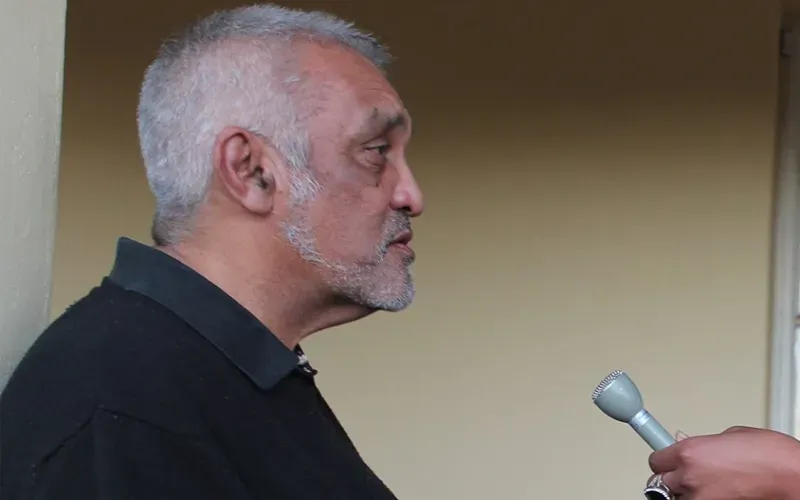Johannesburg, 09 September, 2022 / 9:25 pm (ACI Africa).
The Priest at the helm of the Catholic Parliamentary Liaison Office (CPLO) of the Southern African Catholic Bishops’ Conference (SACBC) has criticized the Limpopo Member of the Executive Council (MEC) for Health for her putting off a patient from Zimbabwe who was scheduled for a surgery at a South African hospital.
In a video published on August 24, Dr. Phophi Ramathuba is heard telling the Zimbabwean patient admitted to a public hospital in Bela-Bela that Zimbabwe’s President, Emmerson Mnagagwa, “doesn’t give me money to operate (on) you guys”.
In an interview with ACI Africa, CPLO Director, Fr. Peter John Pearson, said Dr. Ramathuba’s remarks to Zimbabwean patient are “not only disgraceful, but also a total dehumanizing encounter.”
“It is very public dehumanization of a patient by not only a politician, but also a medical doctor, a medical doctor with a strong academic background, a medical doctor with a pharmacology specialization,” Fr. Pearson said during the Friday, September 9 interview.
The SACBC official expressed concern about the kind of “narrative” a section of government officials fosters, saying, “My issue, amongst many others that I have is that, that is an example of the way in which people in authority who shape public narratives are shaping a narrative around mobile people.”





